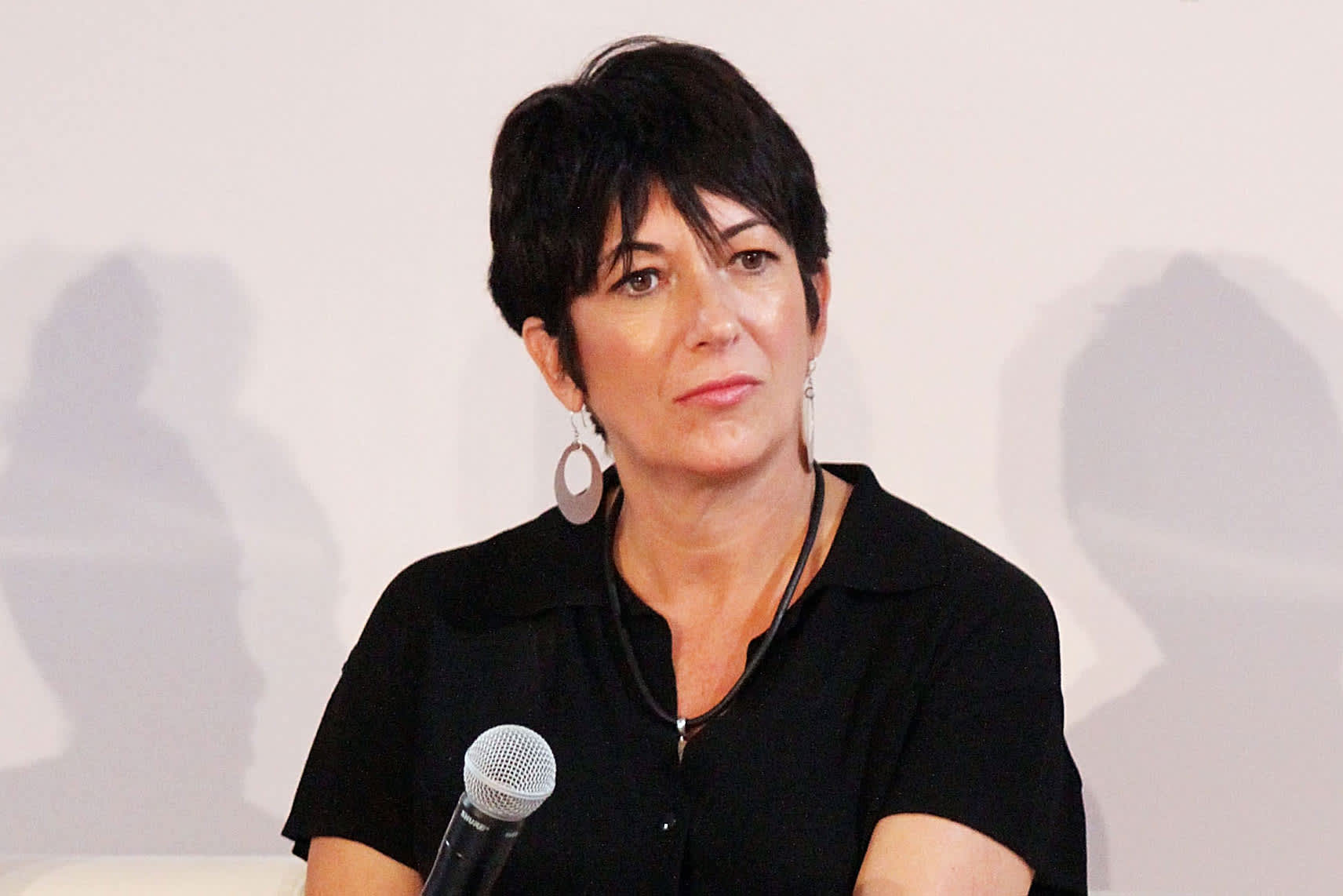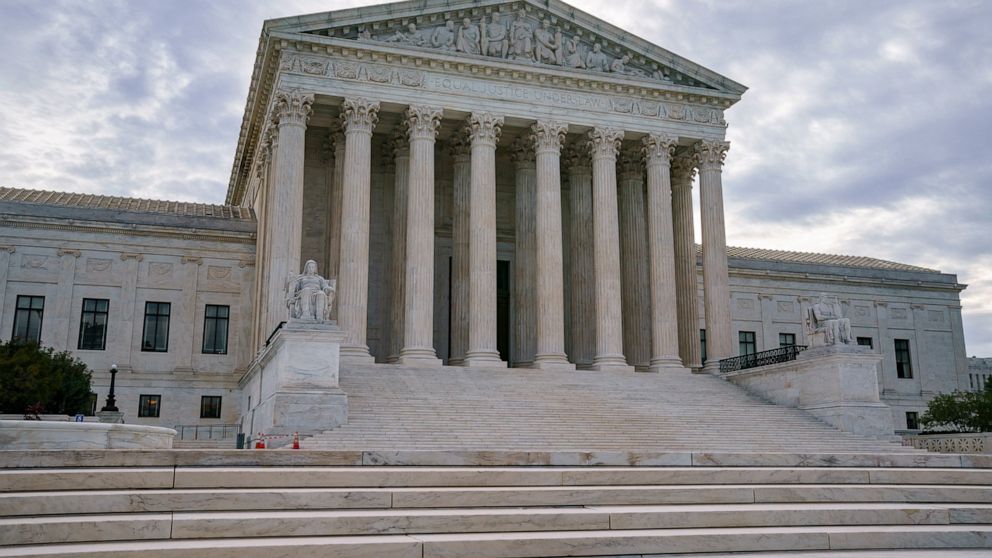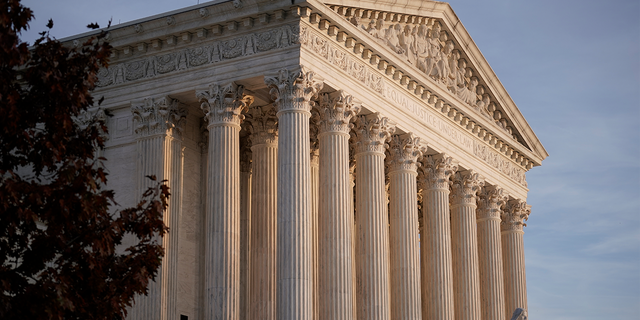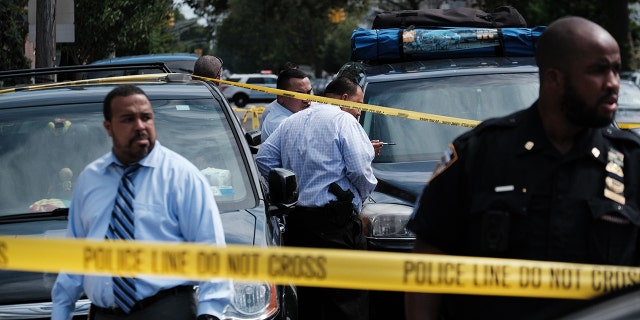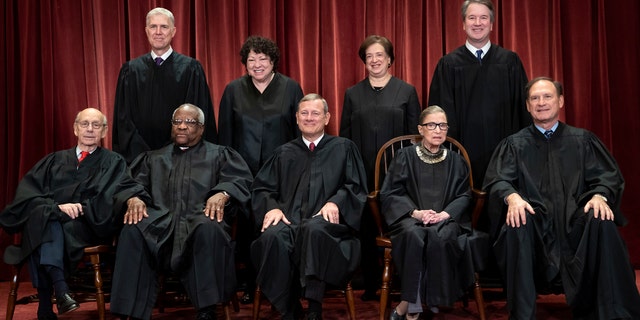/cloudfront-us-east-2.images.arcpublishing.com/reuters/CCRFFFF33RI6XKCVD2Z2TY6PNY.jpg)
KENOSHA, Wis., Nov 1 (Reuters) - Potential jurors in the trial of a U.S. teenager accused of fatally shooting racial justice demonstrators were quizzed about their experience with firearms as jury selection proceeded on Monday in what the judge called a "very political" case.
Kyle Rittenhouse, 18, is charged with killing two men and wounding a third with a military-style rifle during protests in Wisconsin last year. The protests were sparked by a police officer's shooting of a Black man, Jacob Blake, amid sometimes violent demonstrations over racism and police brutality that rattled a number of U.S. cities.
Rittenhouse has emerged as a hero to some conservatives who believe in unfettered gun rights and see the shootings as justified during the chaos that had engulfed the Wisconsin city of Kenosha, while many on the political left have labeled him a vigilante killer.
Rittenhouse faces seven charges, including homicide in the fatal shootings of Joseph Rosenbaum, 36, and Anthony Huber, 26, and attempted homicide for wounding Gaige Grosskreutz, 27. He has pleaded not guilty.
By midafternoon on Monday, Kenosha County Circuit Judge Bruce Schroeder had excused more than a dozen potential jurors, whittling the pool down to 34. Several told the judge they had seen video clips or other evidence that hardened their views on the case, a reflection of the widespread media coverage of the shootings on Aug. 25, 2020.
Some said their views on the case would not change, even if presented with contrary evidence, including a man who cited his beliefs about the American right to bear arms.
The prosecution and defense then started the work of striking seven jury candidates each, with a goal of yielding 20 jurors for the two-week trial. The group will be cut to 12 for final deliberations.
Kenosha County Assistant District Attorney Thomas Binger asked potential jurors about whether they had experience with firearms, if they had taken efforts to protect their property on the night of the protests and whether they could make their own decision and not be swayed by family or friends.
Corey Chirafisi, an attorney for Rittenhouse, asked to strike one potential juror who said she would equate bringing an AR-15-style rifle to a protest with guilt.
"I don’t think a weapon like that should belong to the general public," the excused juror said.
With ample video evidence available, there is little dispute over the facts and the two sides will likely focus mainly on how to interpret Wisconsin law, which says people can use deadly force if they "reasonably believe" it necessary to prevent their own death or great bodily harm. read more
YES TO LOOTERS, NO TO VICTIMS
Prosecutors are expected to argue that Rittenhouse, who says he was in Kenosha to help protect a business, was looking for violent conflict and reacted with disproportionate force. They have indicated in past court filings that they plan to argue that the men who were shot had been trying to disarm Rittenhouse because he was a threat to others.
The defense is expected to focus on securing jurors who back the right to bear arms and support law enforcement. It will stress that Rittenhouse feared for his life in each encounter.
Video evidence shows Rosenbaum charging at Rittenhouse, Huber swinging a skateboard at him and Grosskreutz armed with a pistol when he was shot.
Schroeder criticized the 2020 presidential campaigns of both major parties for their comments on the case. Days after the shootings, then-President Donald Trump suggested Rittenhouse had acted in self-defense, while Joe Biden, Trump's Democratic challenger and now president, accused Trump of stoking violence with his rhetoric.
"This case has become very political," Schroeder said.
The judge faced heavy media criticism last week for ruling that the three men shot by Rittenhouse could be labeled looters and arsonists if there was sufficient evidence, while banning the word victim to describe them.
Schroeder took aim at the media in comments to potential jurors warning about avoiding bias.
"We don't want to fall into the trap that many in the media have," he said.
Reporting by Nathan Layne in Kenosha, Wisconsin; Editing by Ross Colvin, Howard Goller and Peter Cooney
Article From & Read More ( Possible jurors in Rittenhouse case probed on guns, as judge laments politics in case - Reuters )https://ift.tt/2ZFowPE
Case
